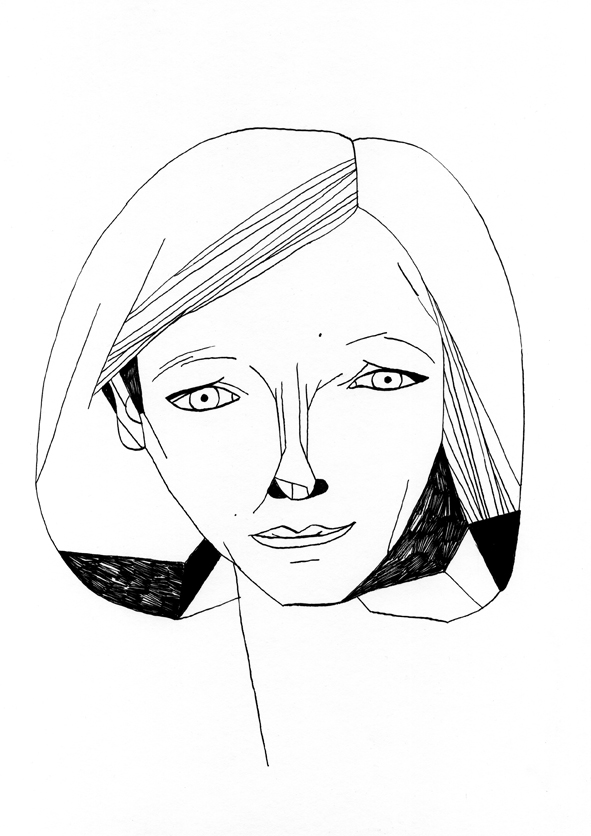
Click here
No truce against bacterial infection
Pascale Cossart is a French bacteriologist,
born in 1948.
When she was little she didn't feel particularly
interested in science, and no one in her family
was involved in anything related to it. But when
she turned thirteen she bought a chemistry
book for school, and the same day she brought
it home she read it cover to cover. It was then
when she realized what she wanted to do.
Her research has focused on Listeria monocytogenes, a deadly pathogen - an element
able to cause a disease to the biology of a
host, be it a human, an animal or a plant. This
pathogen is transmitted through food and is
responsible for diseases such as encephalitis,
meningitis, bacteraemia or gastroenteritis.
Cossart has found the genetic and biochemical
processes that make this bacterium is so
effective and lethal. She has also unravelled
the ways in which this pathogen crosses physiological barriers. For example, the gut and the
placenta barriers, and the blood-brain barrier
between the blood vessels and the central
nervous system, which prevents the entry of
many toxic substances. Her research is at the
forefront of infectious disease biology, cell
biology and microbiology.
Pascale has received, among others, the L'
Oréal-UNESCO award for women in science,
the Robert Koch Prize, and the Richard
Lounsbery Award.
She is currently Director of the Bacteria-Cell
Interactions Unit of the Pasteur Institute in
Paris, and Professeur de Classe Exceptionnelle at the same institution.
«None of the things I've done would have been possible without some of the wonderful people who are in my lab. I'm very careful about choosing who will work in the laboratory because it is very important to cultivate a team spirit and the feeling that we are all part of a group.»
- Bacterial pathogenesis: the Listeria paradigm. Video
- Exploring "New Microbiology" with Listeria monocytogenes. Video
- Cell biology and infection: lessons from Listeria. Video
- Listeria monocytogenes: a unique model in infection biology. Video
- Winner of the 2008 Louis Jeantet Prize for Medicine.Video
- Institute Pasteur. Bacteria-cell interactions
- Biography. Wikipedia


